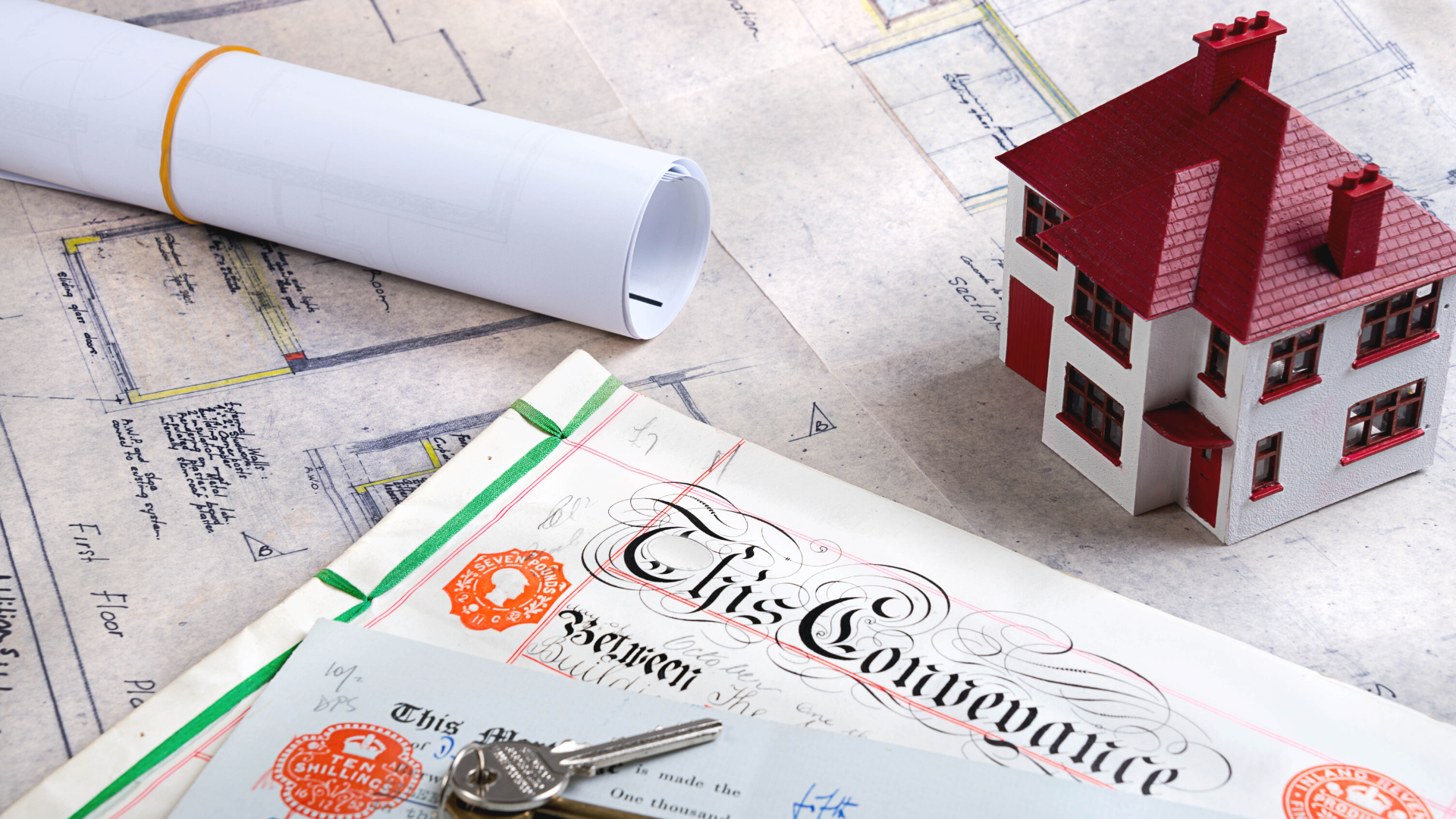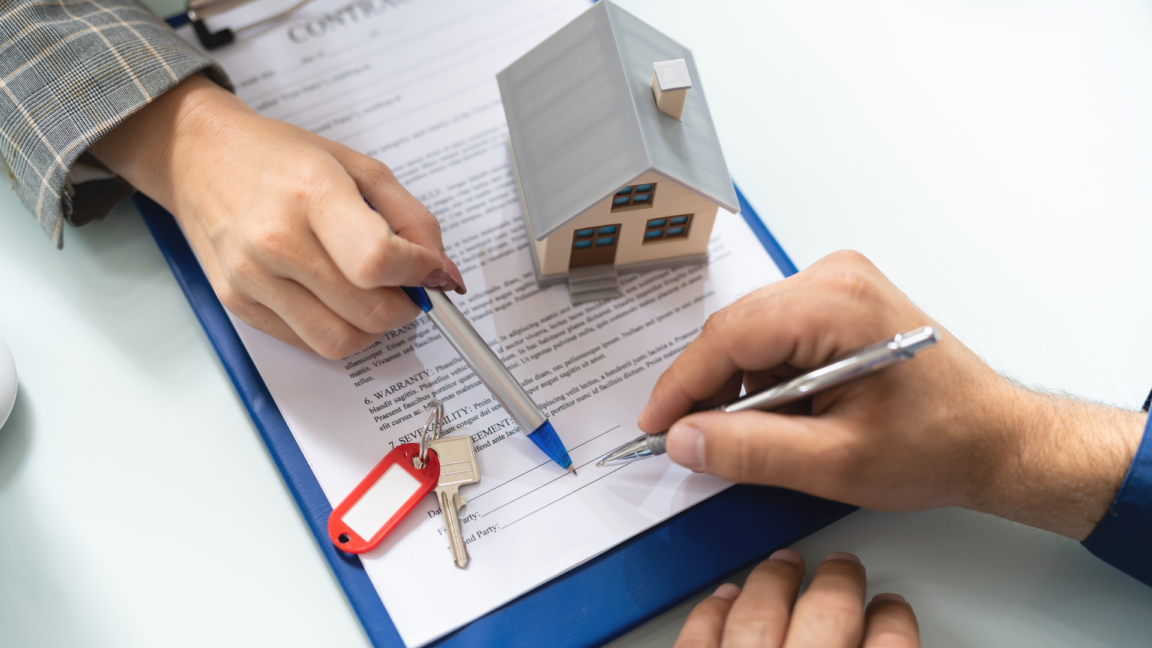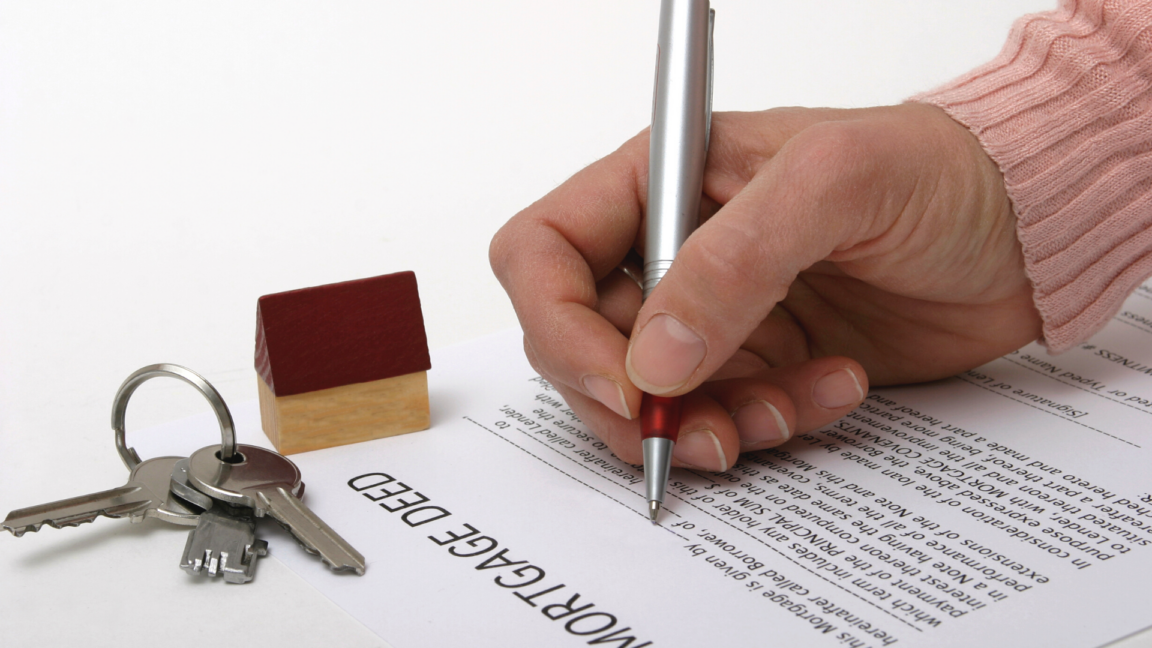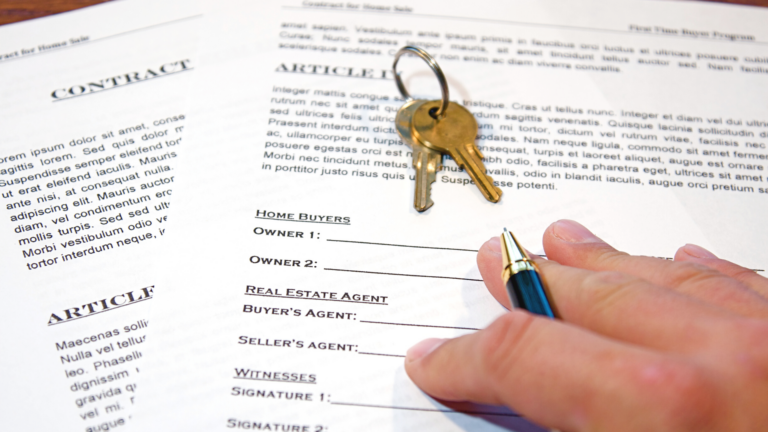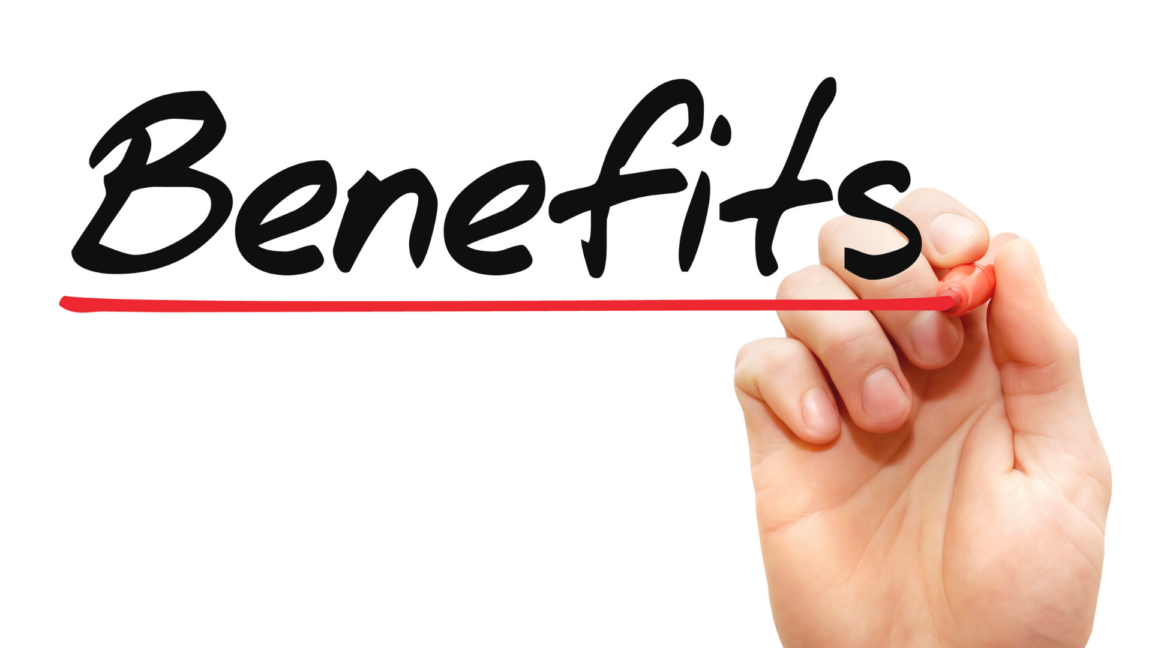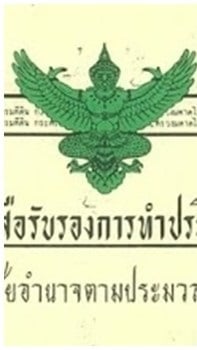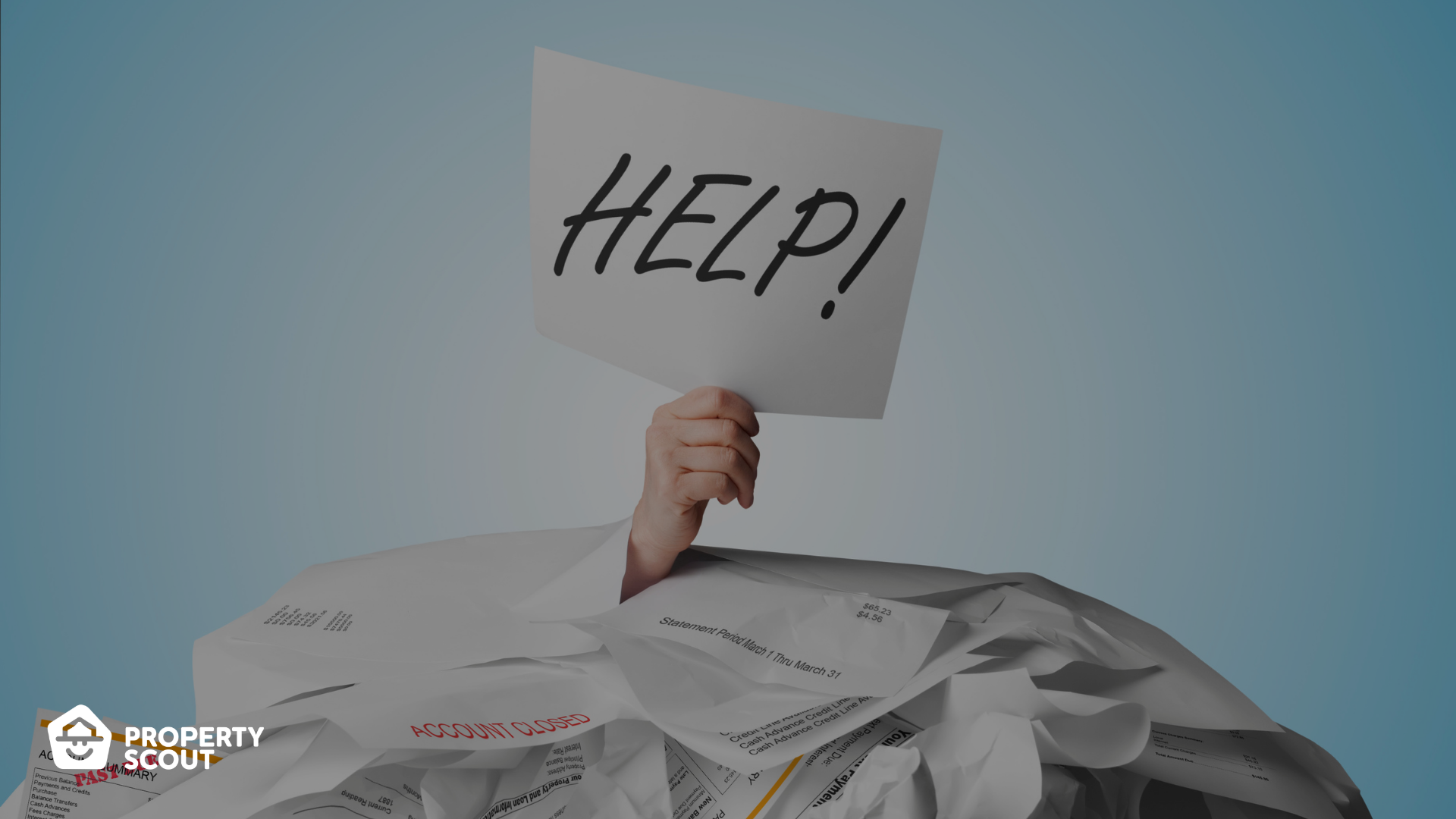In Short
Advice
Welcome to the land of pristine beaches, street markets, and delicious food - Thailand! As you embark on your journey, one aspect you'll want to master is transferring money in and out of the country. Fear not, because in this blog post, we're going to break it down for you in simple terms that you can understand. Get ready to make banking in paradise a breeze!
Understanding Transferring Money in and out of Thailand

Bringing money into Thailand is simple provided you have the right documentation. You will need proof of inbound fund transfer from the issuing bank with the specific purpose. Examples of the purpose include funds for long term stay or buying property. You will then receive an FET (Foreign Exchange Transaction) form as a supporting document from the bank.
Read More:
As for transferring money overseas, you will need the following:
- Recipient's account name and number.
- Recipient's bank name and address.
- Currency and amount of money.
If you are a foreigner sending money into your home country, you may need extra paperwork. These include an employer's proof of income letter or a document explaining the source of your funds.
Exchange Control Regulations
Rules and Regulations
The exchange control in Thailand comes from Exchange Control Act (B.E. 2485) Ministerial Regulation No. 13 (B.E. 2497) issued under the Exchange Control Act. These regulations establish the principles of controls. They serve as the foundation for notifications by the Ministry of Finance and directives from Competent Officers.
Administration
The Bank of Thailand (BOT) administers foreign exchange. The governor of the Bank of Thailand must appoint the BOT's officials as the competent officials as per Exchange Control Act (B.E. 2485).
Individuals must conduct all foreign exchange transactions via commercial banks and authorized non-banks. Authorized non-banks must have foreign exchange licenses from the Minister of Finance. These include authorized money changers, transfer agents, and companies. Transactions not conducted through the aforementioned licensees need approval from the Competent Officer on a case-by-case basis.
Currency Regulations
Foreign Currency
You can transfer foreign currencies into Thailand as much as you would like.
Individuals who receive foreign currency from abroad have an important obligation. They must return these funds to Thailand. They can sell the foreign currency to or depositing it into a foreign currency account at an authorized bank. It's crucial to complete this process within 360 days from when they first received the money. Note that this rule doesn't apply to everyone.
Exemptions include the following:
- Foreigners who are temporarily staying in Thailand for three months or less.
- Foreign embassies.
- International Organizations (and their staff with diplomatic privileges and immunities).
- Thai emigrants with permanent residency or overseas employment.
Any individual bringing up to 20,000 USD (or its equivalent) in or out of Thailand must report to a customs officer.
Local Currency
You can bring Thai baht banknotes into the country without any limitations. When traveling to Thailand's neighbors, such as Vietnam, you're permitted to carry up to THB 500,000. For other countries, you can take up to THB 50,000 without needing special authorization.
Thai banks in which you can do International Fund Transfer
- Siam Commercial Bank (SCB)
- Bangkok Bank
- Kasikorn Bank (K Bank)
- Krungsri Bank
- Krungthai Bank (KTB)
Fees vary from bank to bank depending on the following factors:
- Destination country.
- Your type of account (personal banking or business banking).
For More Information
Swift Codes for Thai Banks
For transferring money of Thailand, you will need a SWIFT code if you're doing so via Thai banking apps. SWIFT codes are 8-digit codes for the recipient's bank which ties in with the sort code and account number.
The following are SWIFT codes associated with notable Thai banks:
- Krungthai Bank: KRTHTHBKXXX
- Bangkok Bank: BKKBTHBKXXX
- Siam Commercial Bank (SCB): SICOTHBKXXX
- TMB-Thanachart Bank (TTB): TMBKTHBKXXX
- Kasikorn Bank (KBank): KASITHBKXXX
- United Overseas Bank (UOB): UOVBTHBKXXX
- Krungsri Bank: AYUDTHBKXXX
How to get your THB Transfer marked as International Transfer by the Recipient Bank
Assume the recipient bank is Kasikorn or Bangkok Bank:
- Set the currency and transfer amount to THB.
- Fill in the Recipient Details.
- Choose Kasikorn or Bangkok Bank as the recipient bank.
- Fill in the account number.
- When you get to the transfer purpose, select Funds for long-term stay in Thailand or Purchase of Property.
- Review the transfer details and confirm the transfer.
- Select the pay-in method and pay the transfer.
Transferring money into Thailand through WISE
To transfer money into Thailand through Wise, here's what you will need:
- Sign up online via the Wise app for free using a Facebook or Google account, or an email address.
- Once you pick how much money you would like to transfer, you will then get a display of upfront fees and the estimated money arrival timeframe.
- Next up, fill in the details of your recipient's bank account.
- For certain currencies or large transfers, there may be an extra step involving identity confirmation. In that case, you will need a photo of your ID.
- Send the money through a bank transfer, or a credit/debit card, and you're done!
Once you transfer the money, the recipient will get notifications on the estimated money arrival date. You will also be able to track the progress through your account.
For More Information:
Bottom Line
Whether you're a traveler or you're managing cross-border finances, the takeaways are clear. Understand the rules, work with authorized banks, and stay informed. With these insights, banking in paradise becomes a breeze. So, go ahead and embark on your financial journey with confidence. Let your money flow in this enchanting corner of the world. Cheers to hassle-free international banking in Thailand!
Welcome, expats and abroad students alike! Click the links below to make your next move with us today!
FAQs
Lorem ipsum dolor sit amet, consectetur adipiscing elit. Suspendisse varius enim in eros elementum tristique.
Explore More Topics
Free real estate resources and tips on how to capitalise


